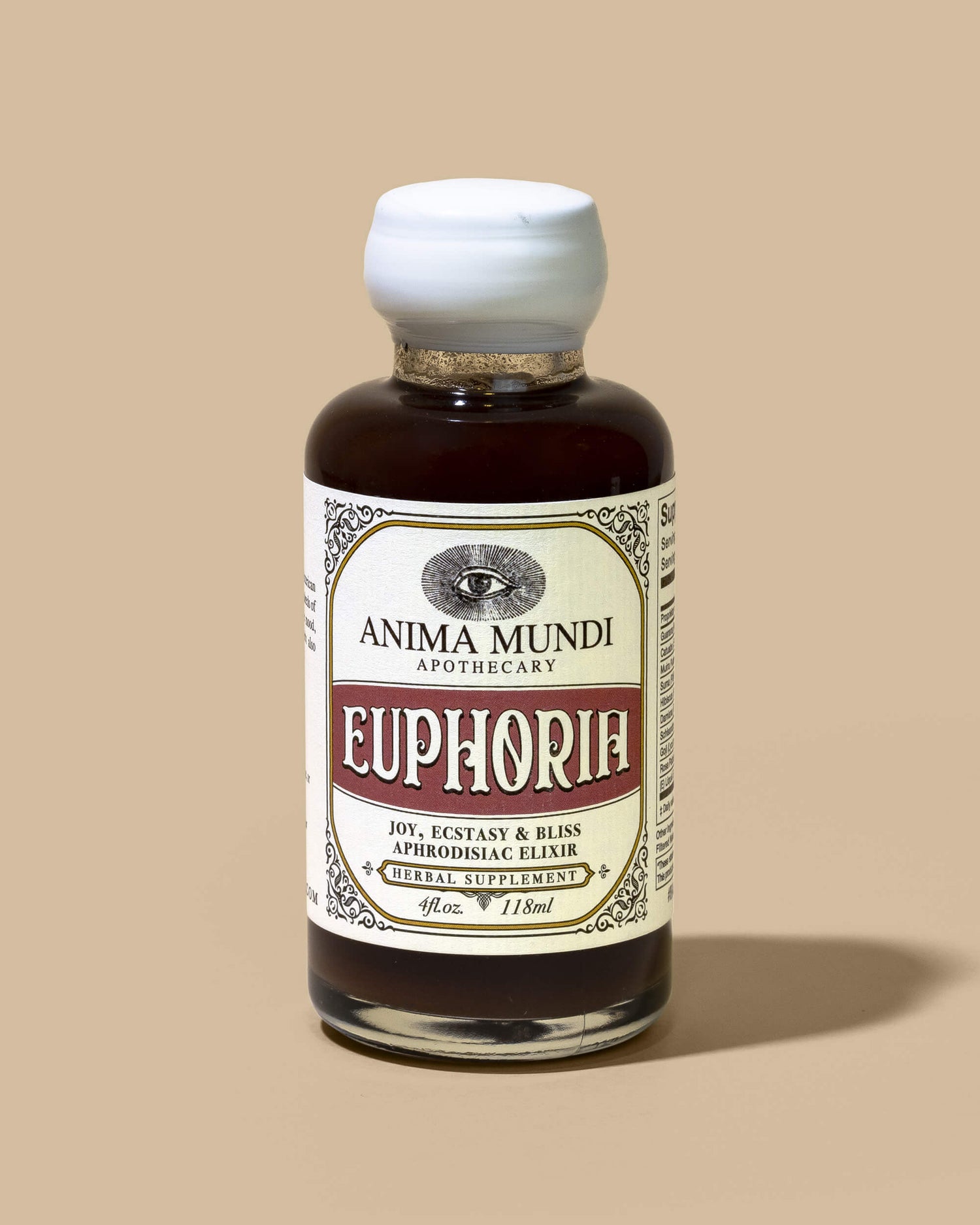As our tired heads lays on our soft pillow at night, the character we call “I” is transported through the tunnels of our conscious minds and tossed into a sphere of perfect memory within our individual minds. We suddenly step into the abyss of our psyche and we engage with the meticulous documentation of life’s heterogeneous events within the realm of the subconscious mind.
Although dreams can be confusing and even frightening at times, they are vital for our emotional health as human beings. In fact, interestingly enough, one of the most common comparables that people suffering with depression share in common, is insomnia.
Lucid dreaming has strong parallels with hypnotherapy. Both of them work with unconscious imagery and patterning; both can involve changing this imagery to reflect a healthier body image and mindset; both unwrap the metaphoric and symbolic language of dreams and recover repressed memories. In both, the underlying reason for our fears and obsessions can be recognized and understood, and in many cases this simple recognition can be cathartic and lead to positive, lasting change.
In a lucid dream, we become the equivalent of a ‘very hypnotisable’ subject because we are conscious in the unconscious. We are in a three-dimensional, multi-sensory, thought-responsive world which can look, feel, taste, sound and smell as real as waking reality. When we work with the deep unconscious imagery and memories which arise, we may therefore be able to trigger healing responses in the body. Lucid dreamers have reported success with physical healing from the lucid dream state. When you enter these realms, and get used to your lucid environment, you can project doing hands on healing on your body with specific intentions. The results you begin to see are astonishing. The simple projection of imaging yourself sending light to where it is needed, creates a profound shift in your mind and body.

If we do not experience quality dream sleep for extended periods of time, we suffer. The function of dreaming is literally embedded into our DNA (along with virtually every other living organism on Earth!). It’s important to realize that dreams are much more than strange expressions of the imagination though; or just the sub-conscious reviewing the day, or week. There are many things happening at different levels below our dreams. And the more attention you give to it, the more you start seeing the underlying meaning of the dream-scape. They literally help us heal, rejuvenate, and improve our ability to deal with life’s stresses and activities.
You can look at the subconscious mind, which governs the mechanism of dreaming, as a library, containing volumes of information about you, such as what your true emotions are, who is a threat to you emotionally, etc. Although many of these secrets have been buried deep below the territory of the conscious mind, they echo like a familiar voice to our ears when we dream, so much so, that we often believe that our dreams are real when we are in them. Even beyond our dreams we sometimes wake up with powerful emotions that carry a residual affect into our waking lives. I oftentimes have experienced that I don't really know if I'm reflecting on a “real” memory, or if it were a dream. Have you experienced this?

When you do a conscious efforts to access the dreaming mind, you begin to pattern your psyche, so profoundly, that your lucid dreaming voyage becomes an automatic journey. The subconscious mind works with symbolic patterning and the more its given attention it can help you experience incredible moments of emotional resolution. We can see this because it governs pretty much everything within the human psyche that requires automatic repetition, such as our heartbeat, catching us when we trip, or even how we react to situations and people within our lives. And the fabric in which many of these patterns are weaved deep within us is through the mechanism of dreaming.
Dreaming + PTSD
Research has found that doing mental health practices like lucid dreaming, hypnosis and meditation can greatly help the recovery from trauma. “The experience of PTSD has a lot to do with the perception of threats. And with lucid dreaming, dreamers can learn to overcome their fears by realizing that those threats are unfounded." [1] Through the practice of lucid dreaming you begin to witness fear from a third person perspective. This slight dissociation to it, grants a sense of freedom, allowing us to abandon the self created fear and depleting stories in general.
“A good example of this is how people use lucid dreaming to overcome recurring dreams and nightmares. Interestingly, research has shown that there is a direct correlation between people who have recurring nightmares and those who suffer with OCD, anxiety, and PTSD. But research has also shown that lucid dreaming can often help people combat these disorders and end recurring dreams by changing the dream experience through conscious guidance.” [2]
In summary, as you consciously learn to guide the outcome of your dreams, the more you consciously guide your waking life. Strengthening the muscles of your unconscious mind will grant you a different awareness within your mind. Stepping out of the “I” mind through dreaming can actually help you heal wounds that have repeatedly affected you over and over throughout your life. This is possible through the practice of lucid dreaming. It takes a little practice, and even a little know how, but in reality, anyone can learn it.
--
Welcome to our Mystical Monday Newsletter! Where every monday you get cosmic wisdom in your inbox.
This week's specials! Try out our Lucid Dreaming Tools and experience exalted dreaming with our special herbal formulas. Our Spirit Tools, like our Lucid Dream Kit and Blue Lotus are discounted for this week!
[1] [2] Lucid Dreaming Researcher - Stephen LaBerge PhD
Art by Victoria Siemer














